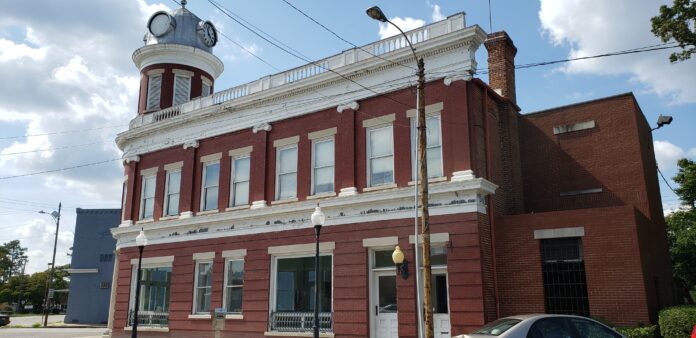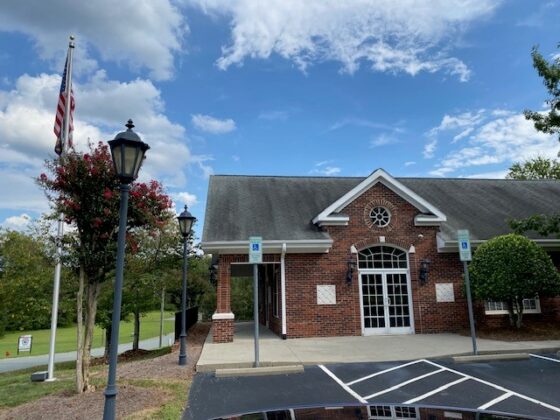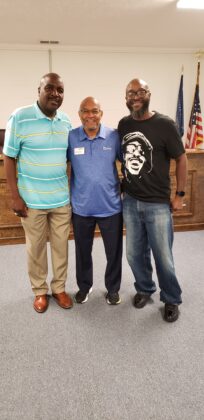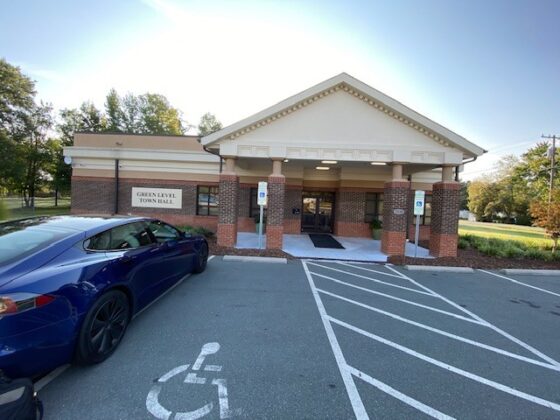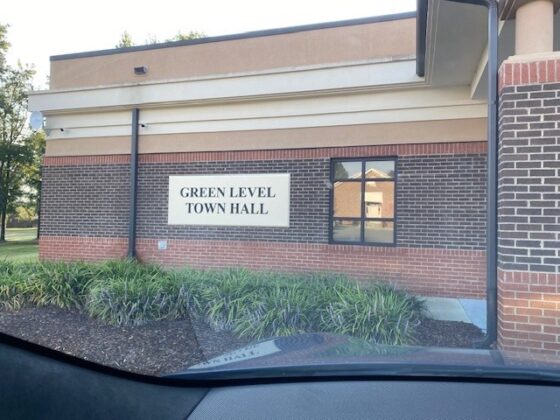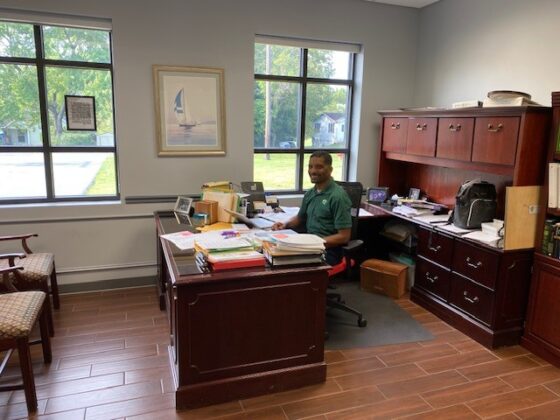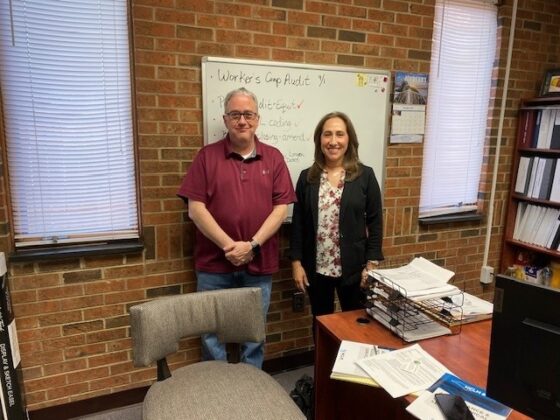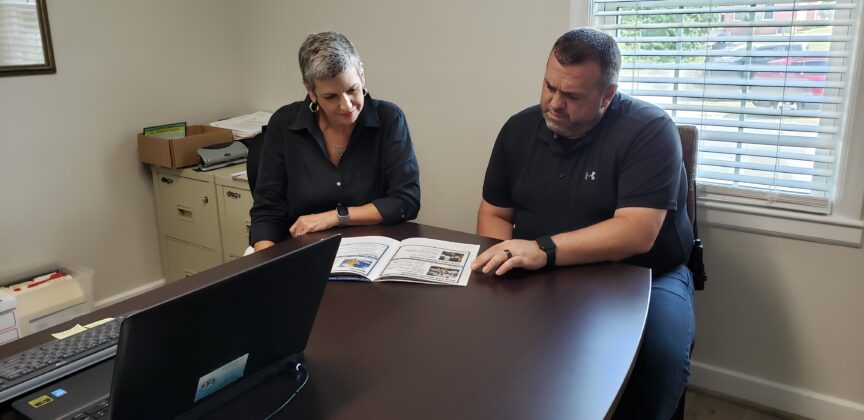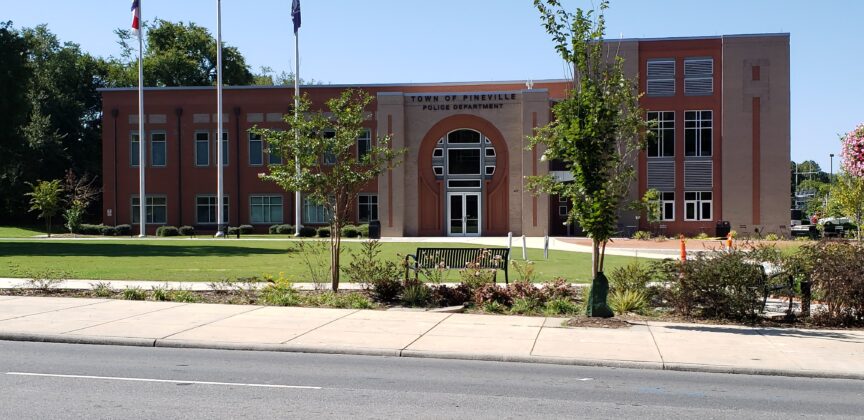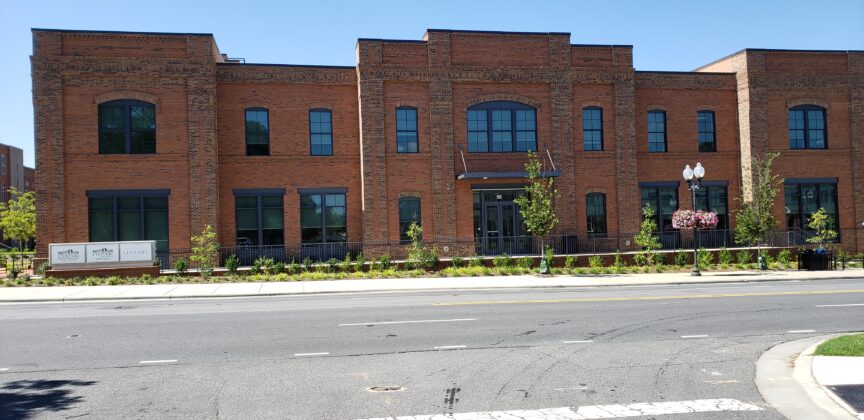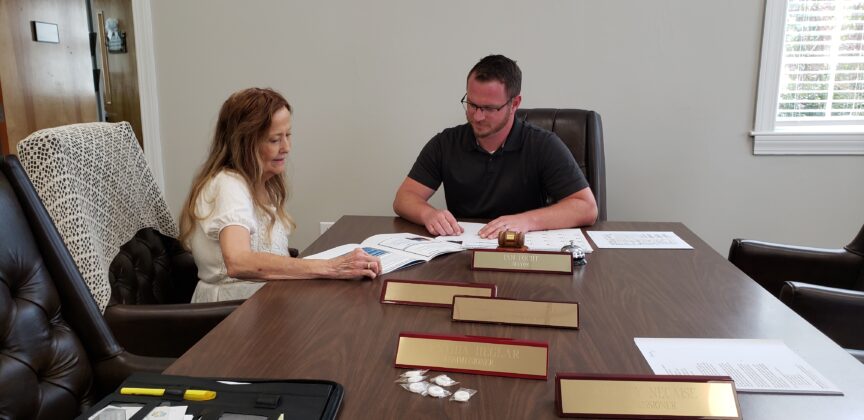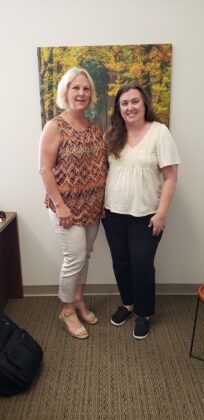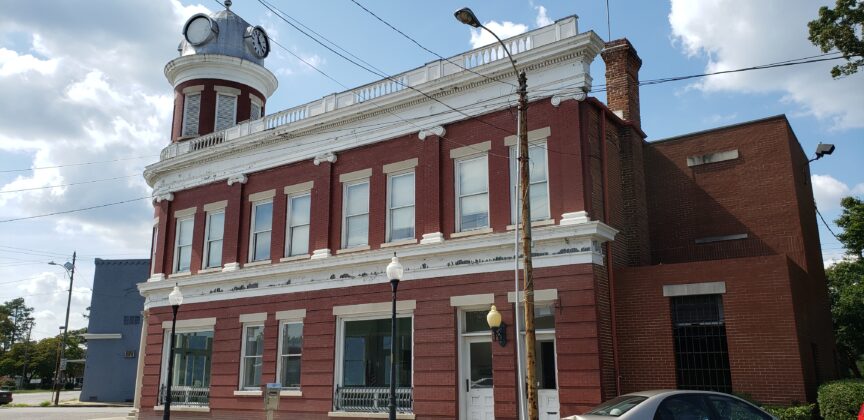A unique, valuable service offering from NCLM
There is little question that many small towns across North Carolina have struggled financially in recent years.
For the town governments, those struggles can take many forms: a lack of revenue to meet maintenance needs for water and sewer systems, meaning those systems are not run efficiently; vacant properties that no longer produce economic activity or contribute much to the tax base; trouble finding qualified personnel to fill key jobs, including those involved in keeping the financial books; or an inability to find an accountant to perform a required annual audit.
As rural communities have lost population and jobs, that loss of tax base in those communities has amounted to a double blow, affecting both the private and public sectors, even as they have worked together to try to overcome those challenges by redefining local economies.
While the global pandemic appeared to be yet another blow, the resulting American Rescue Plan Act funding has served as a lifeline. And now, thanks to a direct appropriation to NCLM of ARPA dollars from the NC General Assembly, that lifeline is being extended to the very financial operations of North Carolina’s municipalities.
That effort began as a means of ensuring municipalities met the compliance requirements of ARPA, that expenses are eligible under the federal law, records are properly recorded and retained, and reporting deadlines to the US Treasury Department are met. As a measure of that success, in a state with more than 550 municipalities, only two missed the latest reporting deadline.
NCLM’s ARPA-related effort has now evolved. In addition to a range of other services, a major focus is assisting municipalities with accounting software intended to strengthen all areas of financial oversight, whether that involves payroll, general expenses and revenues, procurement, or utilities.
The Municipal Accounting Software initiative follows criticism by the state auditor and state treasurer of local governments failing to meet deadlines for performing annual audits, something that has caused more than 30 per year to end up on the state Unit Assistance List in recent years.
Carla Obiol, NCLM’s Chief ARP Officer, explained that the process begins with outreach and then assessments by field staff to determine whether the transition to the uniform software makes sense for the municipalities.
Working with consultant Black Mountain Software, which specializes in public sector accounting software, the company then provides a demonstration of the software, and for those who move forward, the conversion from a town’s existing system to the new software begins. “This process can take up to three months but is comprehensive,” Obiol informed.
That’s because the process includes an initial financial assessment, and then a migration of information into the new system has to take place, while officials also must learn the ins and outs of the system.
As of July, the towns of Pikeville and Jonesville became the first to be converted. Old Fort, Hertford, Kingstown, and Caswell Beach are in the pipeline to be converted before the end of the 2023.
In fact, NCLM’s Technical Assistance and ARP team expect to have eight to 10 towns converted by the end of this year. By the end of 2026, the goal is to convert at least 43 towns and as many as 60.
Meanwhile, as those conversions take place, NCLM is also assisting towns with cybersecurity assistance to better protect against ransomware attacks and phishing schemes.
Both Black Mountain and League staff offer ongoing support, with the ability to assist by monitoring the system remotely and offering advice.
Obiol said the Municipal Accounting Software initiative should have those participating cities and towns audit ready at the end of each fiscal year.
Obiol, though, points out that funding for that contracted audit assistance will run out at the end of 2026, which means those towns would either have to fund that cost themselves or require more assistance at the state level.
“Nonetheless, for many towns, the program should offer the tools and training to avoid many of the issues that often lead towns to land on the state’s Unit Assistance List.”
As for NCLM’s other ARPA-related technical assistance services, those are also well underway, and include legal services, grant writing, planning, and engineering and communications.
Obiol sees those as a means of helping towns and cities close the gap between their individual APRA funding and the cost of the projects for which they have chosen to spend the money.
“We want our towns to take advantage of the additional services such as legal services and grant writing. We want
to help!” she said.
Stayed tuned to future editions of Southern City in which will discuss in more depth the range of services that NCLM is making available to assistance cities and towns of all sizes across the state.


